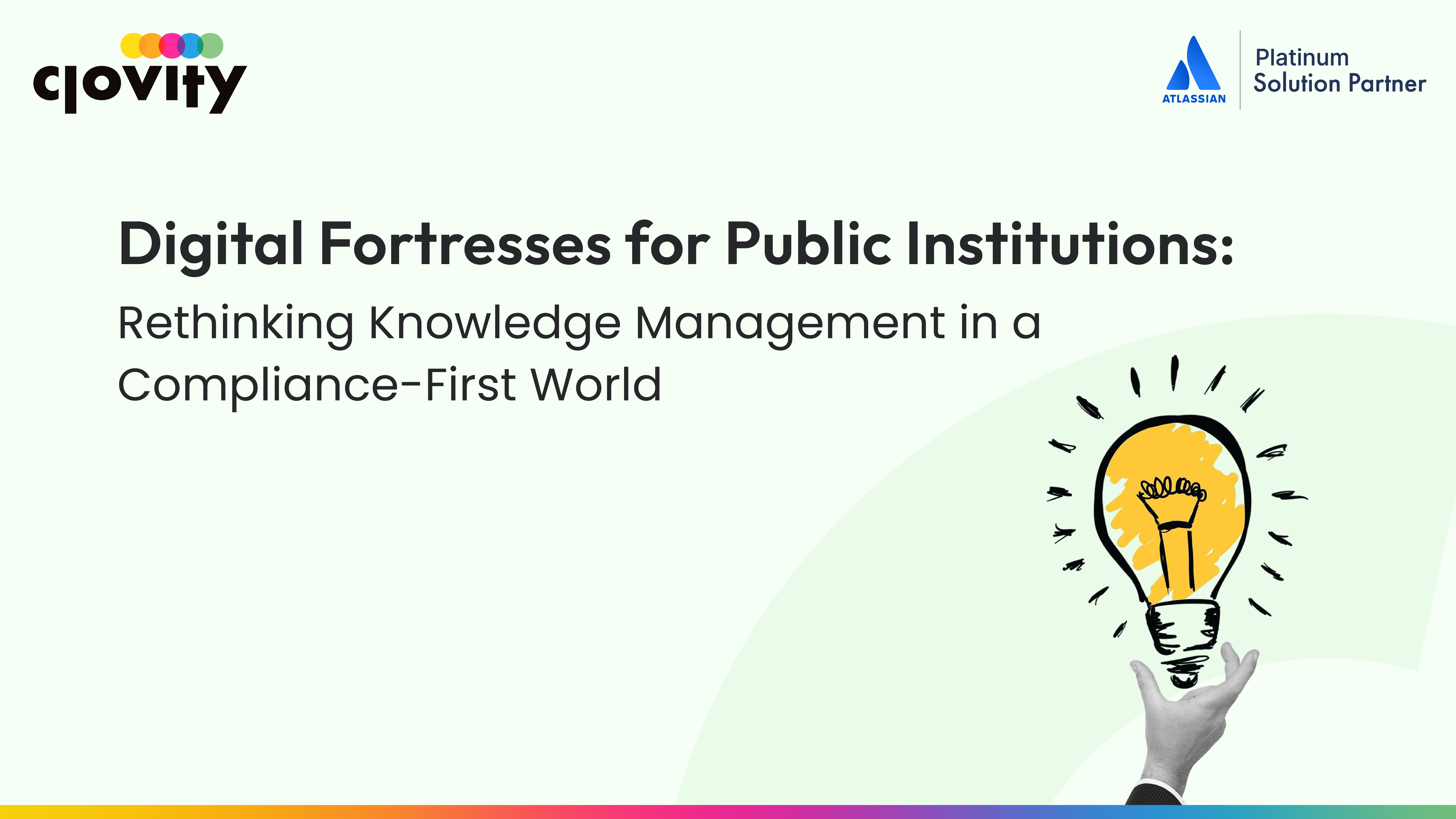Public institutions carry the weighty responsibility of serving citizens, maintaining national interests, and managing sensitive data. As their work increasingly depends on technology, the stakes for keeping information secure and well-managed have never been higher. Knowledge management has become a critical area of focus, shaped by regulatory requirements, cybersecurity concerns, and the need for seamless collaboration across departments.
This landscape calls for a thoughtful approachāone that treats systems not merely as repositories for information but as fortified structures designed to protect valuable knowledge while still keeping it accessible to those who need it.
Why Compliance Is Central to Knowledge Management
Unlike private enterprises, government agencies and public institutions operate under strict regulatory frameworks. Standards such as FedRAMP, FISMA, and various data protection laws govern how data must be stored, shared, and audited. Compliance is not optional; itās an obligation backed by laws and policies meant to safeguard national interests and citizen privacy.
Effective knowledge management solutions must align with these requirements. Systems should offer transparency for audits, granular access controls, and protection against unauthorized accessāall without hindering the work of government personnel.
Challenges Public Institutions Face
Public sector organizations encounter unique challenges in managing knowledge securely and effectively:
1. Security vs. Accessibility
Striking the balance between securing sensitive information and enabling staff to find and use knowledge can be difficult. Overly restrictive systems discourage collaboration, while lax controls introduce risks.
2. Data Fragmentation
Information is often spread across legacy systems, document repositories, and local drives. This fragmentation makes it difficult for teams to locate essential data quickly and increases the likelihood of data inconsistencies.
3. Audit Readiness
Public institutions must be prepared for audits at any time. Disorganized information or incomplete records can create complications during compliance reviews.
4. Rapid Policy Shifts
Laws and standards frequently evolve, requiring agencies to adapt their knowledge management practices to stay compliant.
Building Digital Fortresses for Knowledge
Modern knowledge management systems must serve as digital fortressesāstrong, secure, and designed to guard valuable information while allowing the right people to work efficiently. Hereās how public institutions can achieve this:
Adopt Secure Collaboration Platforms
Solutions like Atlassian Confluence provide a single environment where documents, insights, and project updates can be stored and shared. These platforms include features like permission controls and audit logs that support compliance mandates.
Establish Clear Governance Policies
Agencies should define and document how knowledge is created, labeled, shared, and archived. Governance policies help reduce the risk of non-compliance and ensure consistency across teams.
Implement Role-Based Access Controls
Not all staff require the same level of access. Systems that support role-based permissions ensure that sensitive information remains available only to authorized users.
Embrace Regular Training
Staff should receive ongoing training on compliance requirements, security protocols, and proper use of knowledge management systems. Awareness helps reduce human error, which is often a significant risk factor.
Ensure Integration and Interoperability
Modern tools should integrate with existing systems to reduce silos and simplify the flow of information. Seamless connections between tools prevent data fragmentation and support a unified approach to knowledge management.
Looking Ahead
As public institutions continue to modernize operations, the need for secure, compliant, and efficient knowledge management will remain a top priority. Treating knowledge systems as digital fortresses provides agencies with the tools they need to protect sensitive data, meet regulatory demands, and empower teams to work with confidence.
By prioritizing both security and usability, public organizations can build resilient operations that uphold their mission of serving citizens and protecting national interests.
š§ Contact us at sales@clovity.com or visit š atlassian.clovity.com to get started today.


